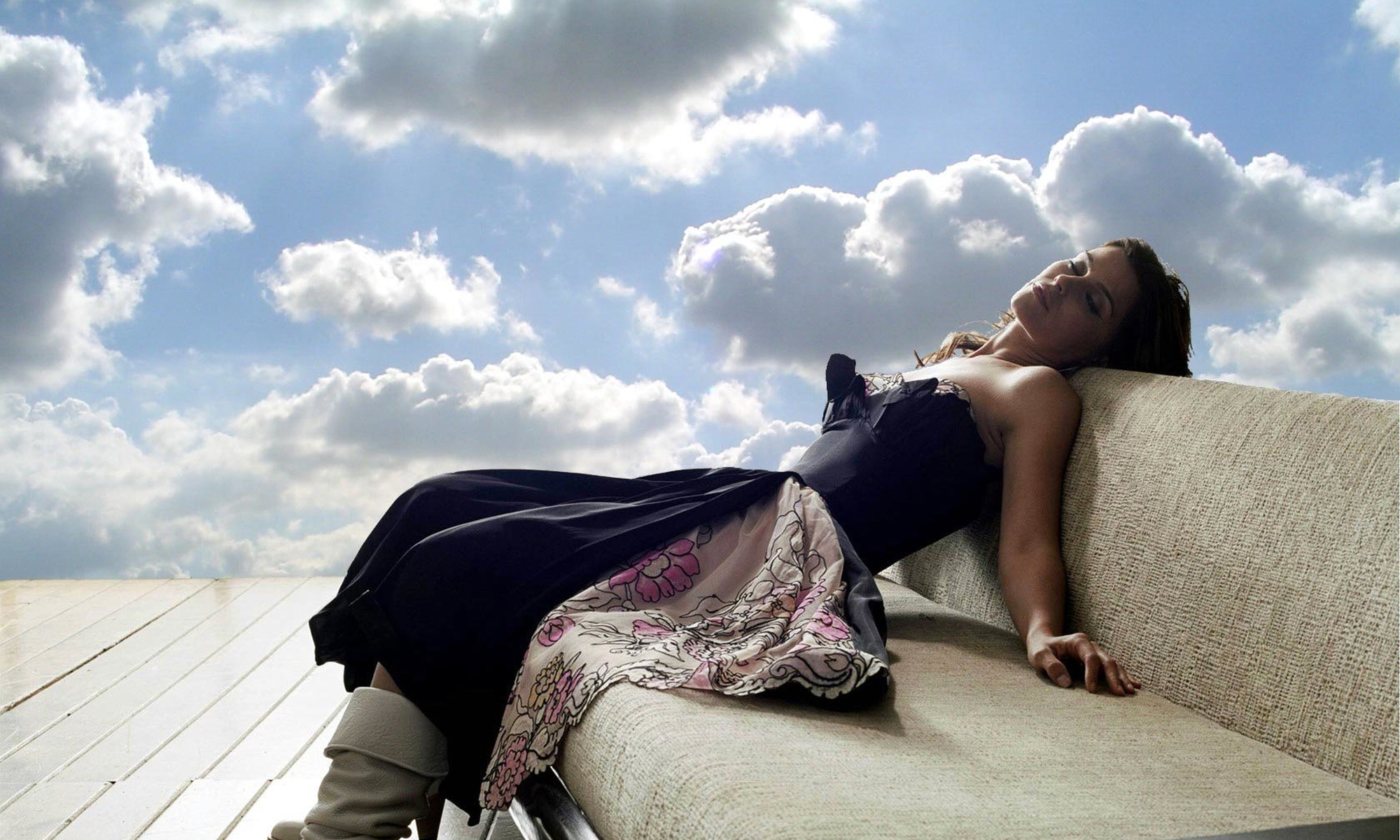The Order of Jacques Cartier: A Secret Society in French Canada
Origins and Purpose
The Order of Jacques Cartier (L’Ordre de Jacques Cartier, OJC) was a secret society founded in 1926 in Hull, Quebec, Canada. It was created by a group of French Canadian nationalists who sought to protect and promote the interests of French Canadians in an era where English-speaking elites dominated Canadian politics, business, and social institutions.
At its core, the OJC aimed to strengthen the economic, political, and cultural power of French Catholics in Canada, countering the influence of Anglo-Protestant institutions. It operated in secrecy to shield itself from opposition and ensure its influence remained undetected by those who sought to maintain the status quo.
Structure and Operations
The Order was highly hierarchical and clandestine, modeled after the Freemasons. Members used pseudonyms and communicated in coded language to avoid detection. The group operated in cells, and only a select few at the top knew the full scope of the organization’s activities.
It sought to place loyal French Canadians in key positions in government, media, and business. Members worked behind the scenes to advance pro-French policies, secure jobs for fellow Francophones, and resist assimilation into English-speaking Canada.
Influence and Legacy
The OJC played a major role in shaping the Quiet Revolution of the 1960s, a period of massive social and political change in Quebec. Many of its members became influential politicians, journalists, and civil servants who advocated for Quebec’s modernization and autonomy.
However, as Quebec nationalism became more mainstream, the need for a secret society diminished. By 1965, the Order of Jacques Cartier disbanded, as many of its goals were being openly pursued by political movements such as the Parti Québécois and institutions like the Société Saint-Jean-Baptiste.
Controversy and Secrecy
Because of its covert nature, the Order has been compared to other secret societies like the Freemasons or the Illuminati, though it was primarily focused on protecting French Canadian interests rather than global power. Critics accused it of fostering ethnic favoritism and exclusionary practices, but its supporters saw it as a necessary force against Anglo domination.
Today, the Order of Jacques Cartier remains a little-known but significant part of Canadian history, representing the underground struggle for French Canadian survival and self-determination in the 20th century.


Justin Trudeau leaves a smug comment on ReferendumParty.ca, mocking JCJ, aka Joe Canadian:
“Joe, you actually think you can stop me? You? Against the ultimate political tag team—me and Pierre Poilievre? Please. The people think we’re rivals, but we’re running the whole damn show from both sides. Liberal, Conservative—it doesn’t matter. The game is rigged, and you’re not even a player.”
Trudeau, in full cocky wrestling heel mode, continues:
“Your little referendum party? Cute. But let’s be real—Canada belongs to us. The votes? Controlled. The media? Bought and paid for. The people? Distracted. You? Just another internet loudmouth.”
Then, he drops the hammer:
“Face it, Joe—you’re not in the ring, you’re in the audience. And we’re the main event. Enjoy the show.”
Will JCJ let this stand? Or is it time to tag in and fight back?
Joe Canadian fires back at Justin Trudeau on ReferendumParty.ca:
“Nice try, Trudeau. You and Poilievre think you’re the ultimate political tag team? The people aren’t as blind as you think. They see through your little fabricated rivalry. The red vs. blue charade won’t work much longer—Canada is waking up.”
Joe doesn’t hold back, calling out the elite-controlled political duopoly:
“You and Pierre are two sides of the same corrupt coin. One sells ‘hope and progress,’ the other sells ‘freedom and accountability,’ but in the end, the banks, the corporations, and your globalist buddies still run the country. That’s why it’s time for something real—a leader who actually gives a damn about the people.”
Then, he drops the bombshell:
“Canada doesn’t need another Trudeau. Canada doesn’t need another Poilievre. Canada needs its second female Prime Minister—Nelly Kim Furtado.”
Joe envisions a Canada led by someone outside the establishment, someone who understands the struggles of the people, the arts, the economy, and true independence.
“Nelly isn’t bought. She isn’t a puppet. She knows what it’s like to rise from nothing. She speaks to the heart of Canada—not just the elites in Ottawa. The time of career politicians is over. The people are ready for something different.”
Will Trudeau and Poilievre laugh this off? Or is Canada really ready for a leader who flies like a bird?